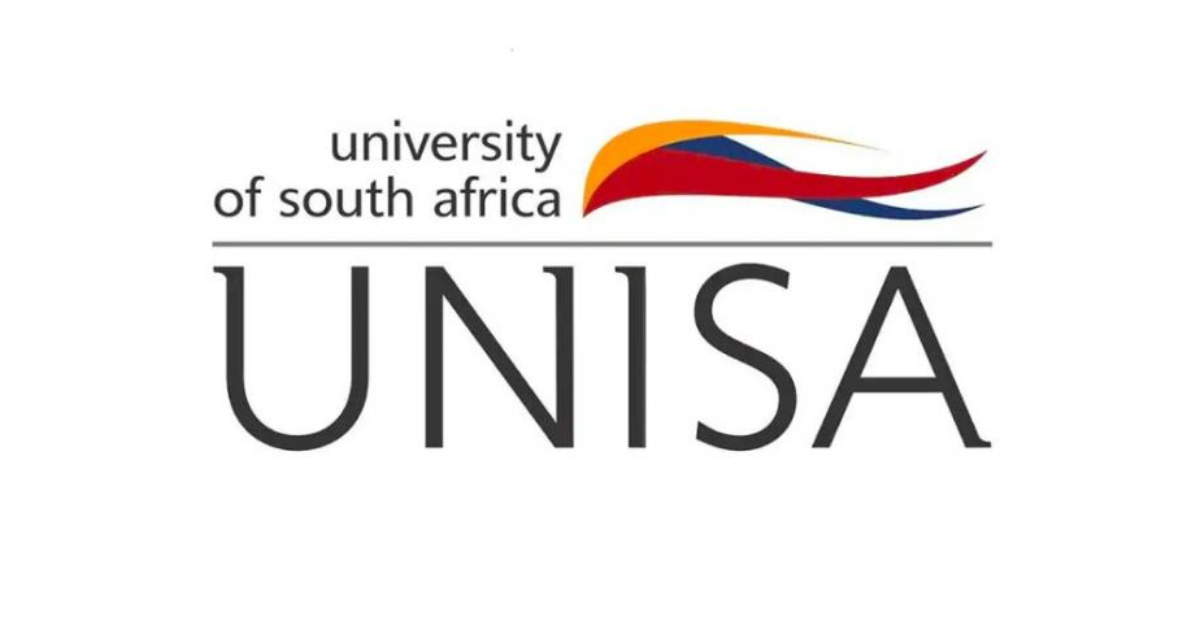Stellenbosch University, nestled in the picturesque Western Cape of South Africa, is a global hub of academic excellence. Among its highly regarded faculties, the Faculty of Engineering stands out as a leader in producing world-class engineers, researchers, and innovators. With a strong emphasis on technical expertise, sustainability, and innovation, this faculty equips students to tackle complex challenges and contribute meaningfully to global development.
This article explores the engineering courses offered at Stellenbosch University, detailing the categories of courses, qualifications, course requirements, and the application process.
Qualifications
Stellenbosch University offers qualifications across all levels, ensuring students can achieve their academic and professional goals.
1. Undergraduate Degrees
- BEng (Bachelor of Engineering): A four-year program accredited by the Engineering Council of South Africa (ECSA), qualifying graduates for professional registration as engineers.
2. Postgraduate Degrees
- MEng (Master of Engineering): Available in both research and coursework formats, allowing for specialization in fields such as Structural Engineering or Artificial Intelligence.
- PhD in Engineering: A research-intensive degree that contributes original knowledge to engineering science.
- Postgraduate Diplomas: Shorter programs for professionals looking to expand their expertise in a specific area.
Categories of Courses
The Faculty of Engineering at Stellenbosch University offers a broad range of programs tailored to meet the demands of an ever-evolving technological landscape. These courses span various disciplines, ensuring students have access to specialized and interdisciplinary education.
1. Undergraduate Engineering Programmes
The undergraduate programs are designed to provide a solid foundation in engineering principles and practical skills. Key fields include:
- Civil Engineering: Focusing on the design and construction of infrastructure, such as buildings, bridges, and water systems.
- Mechanical Engineering: Exploring the principles of mechanics, thermodynamics, and materials science to design and build machines.
- Electrical and Electronic Engineering: Covering power systems, telecommunications, and embedded systems.
- Industrial Engineering: Optimising processes and systems in manufacturing and service industries.
- Chemical Engineering: Combining chemistry, physics, and mathematics to design processes for chemical production and energy transformation.
- Mechatronic Engineering: Integrating mechanical, electrical, and computer engineering to create intelligent systems.
2. Postgraduate Programmes
Postgraduate studies allow students to deepen their expertise or focus on research-driven careers. Options include:
- Master’s Programmes: Offering both coursework-based and research-based degrees in specific engineering disciplines.
- Doctoral Studies (PhD): Enabling students to contribute original research and advancements in engineering science.
- Postgraduate Diplomas: Designed for professionals seeking specialization in fields such as energy systems, robotics, or environmental engineering.
3. Short Courses and Professional Development
The faculty also provides short courses aimed at professionals looking to upgrade their skills or gain expertise in emerging technologies. These include:
- Advanced project management.
- Renewable energy systems.
- Data analytics for engineers.
Course Requirements
Admission to the Faculty of Engineering is competitive, with specific requirements tailored to each program.
1. Undergraduate Admission Requirements
- National Senior Certificate (NSC): Applicants must have completed their secondary education with a recognized qualification.
- Mathematics and Physical Sciences: High marks in these subjects are crucial, typically requiring at least 70%.
- Minimum APS Score: The Admission Point Score (APS) must meet the faculty’s threshold, usually above 35 points.
- Language Proficiency: A good command of English and/or Afrikaans, as these are the primary languages of instruction.
2. Postgraduate Admission Requirements
- Relevant Undergraduate Degree: A bachelor’s degree in engineering or a closely related field is essential.
- Strong Academic Record: High grades in the relevant undergraduate program.
- Research Proposal: For research-based master’s and PhD programs, a well-defined proposal outlining the intended area of study.
- Professional Experience: Some postgraduate diplomas or specialized master’s programs may require relevant work experience.
How to Apply
The application process for Stellenbosch University is streamlined and accessible for both local and international students.
1. Research Your Programme
Prospective students should thoroughly explore the available programs and their requirements. Stellenbosch University’s website provides detailed descriptions of each course, including the modules covered, career prospects, and entry criteria.
2. Prepare Supporting Documents
Applicants should gather the necessary documents, which typically include:
- Certified copies of academic transcripts and certificates.
- Proof of identity (passport for international applicants).
- Research proposal (for postgraduate research programs).
- Curriculum Vitae (CV) and motivation letters for certain postgraduate applications.
3. Submit Your Application Online
The university’s online application portal is user-friendly:
- Create an account and fill out the application form.
- Upload all required documents.
- Pay the application fee, if applicable.
- Submit your application before the deadline.
4. Track Your Application
After submission, applicants can monitor the status of their application online. Communication regarding acceptance or further requirements is typically sent via email.
5. Acceptance and Registration
Successful applicants will receive an offer letter with instructions on course registration, orientation, and tuition payment.
Why Choose Stellenbosch University for Engineering?
1. World-Class Reputation
Stellenbosch University is consistently ranked among the top institutions in Africa and is renowned for its excellence in engineering education.
2. Accredited Programmes
The BEng degrees are accredited by ECSA, ensuring international recognition and eligibility for professional registration.
3. Cutting-Edge Facilities
The Faculty of Engineering boasts state-of-the-art laboratories, research centers, and computing facilities that support innovative learning and research.
4. Focus on Sustainability
Many programs emphasize sustainable engineering practices, preparing graduates to tackle global challenges such as climate change and resource scarcity.
5. Industry Partnerships
The faculty maintains strong ties with industry, offering students opportunities for internships, collaborative projects, and employment upon graduation.
6. Location and Campus Life
Situated in the vibrant and scenic town of Stellenbosch, the university offers a stimulating environment for academic and personal growth.
Stellenbosch University’s Faculty of Engineering provides a gateway to a future of innovation, leadership, and excellence. With its rigorous academic programs, supportive environment, and emphasis on solving real-world problems, the faculty empowers students to make significant contributions to the world of engineering.
For more information and to begin your application journey, visit the official Stellenbosch University website.


